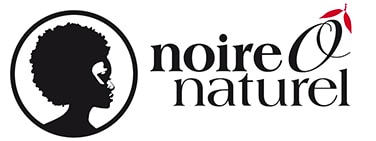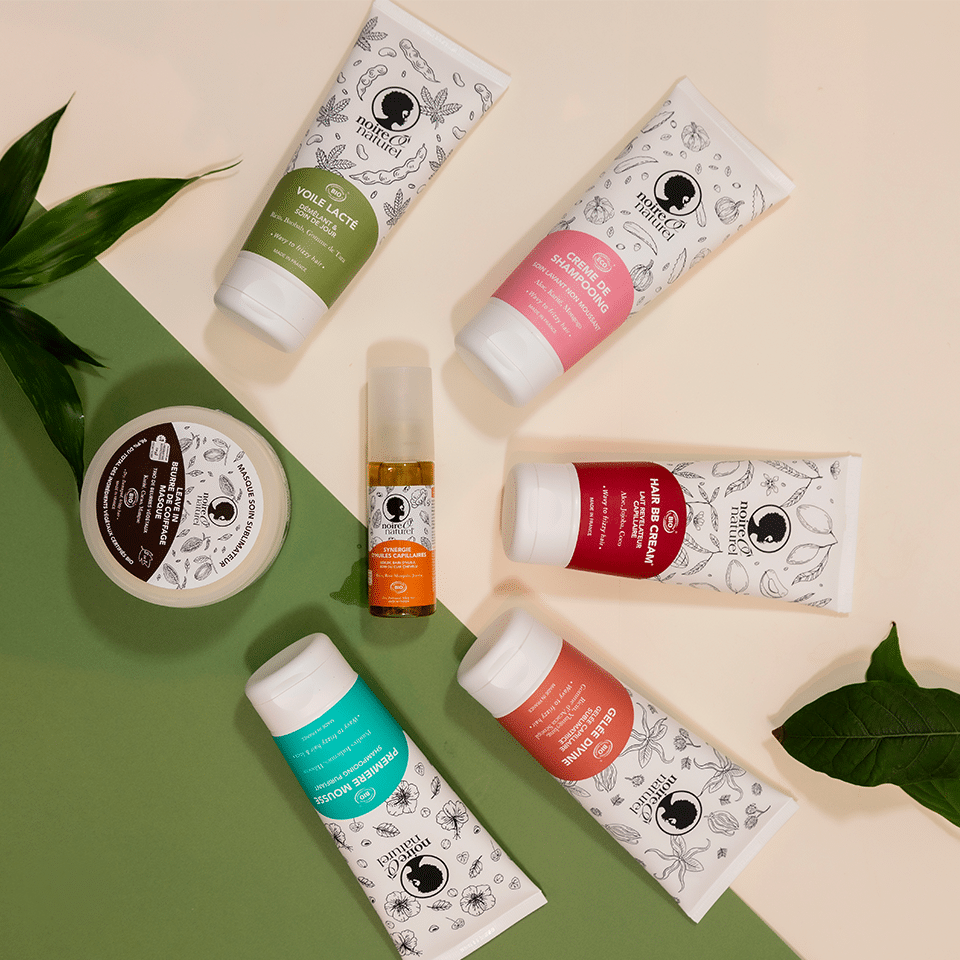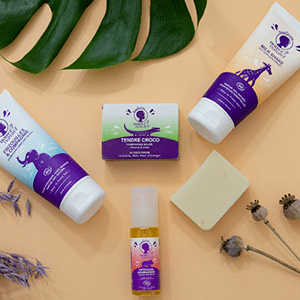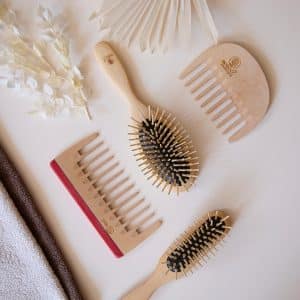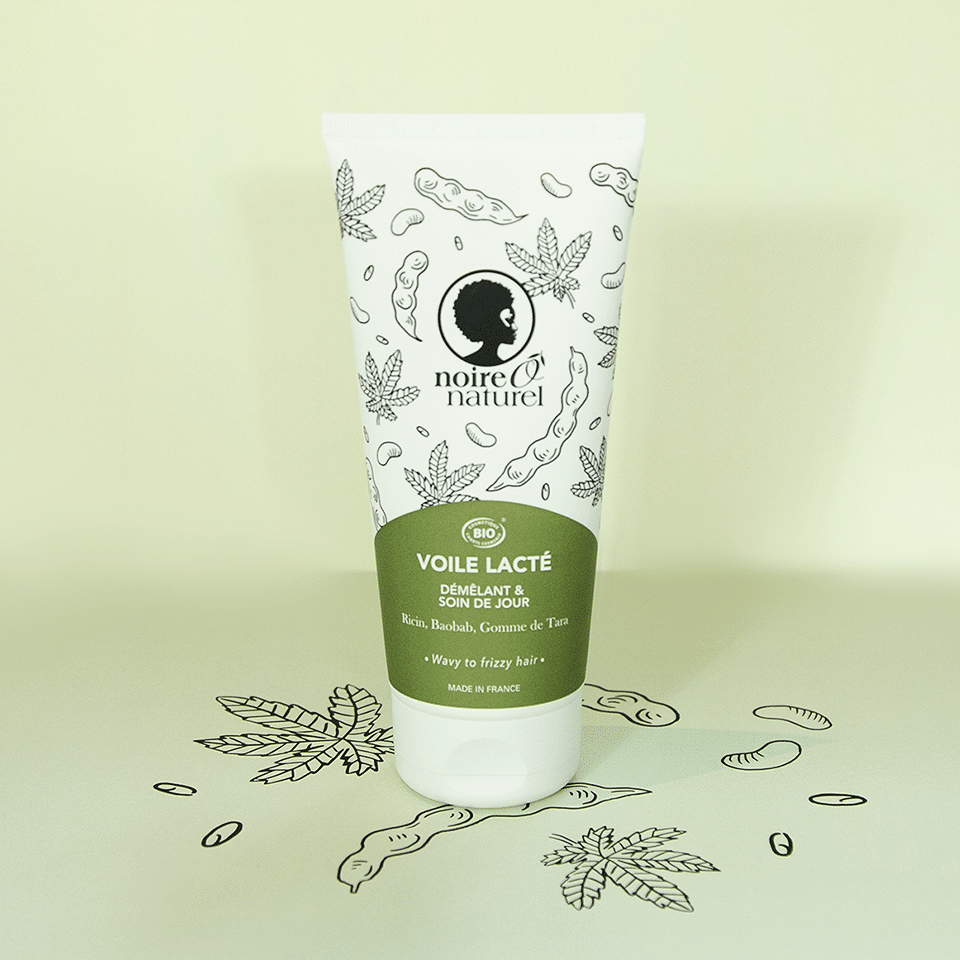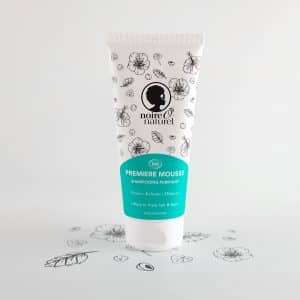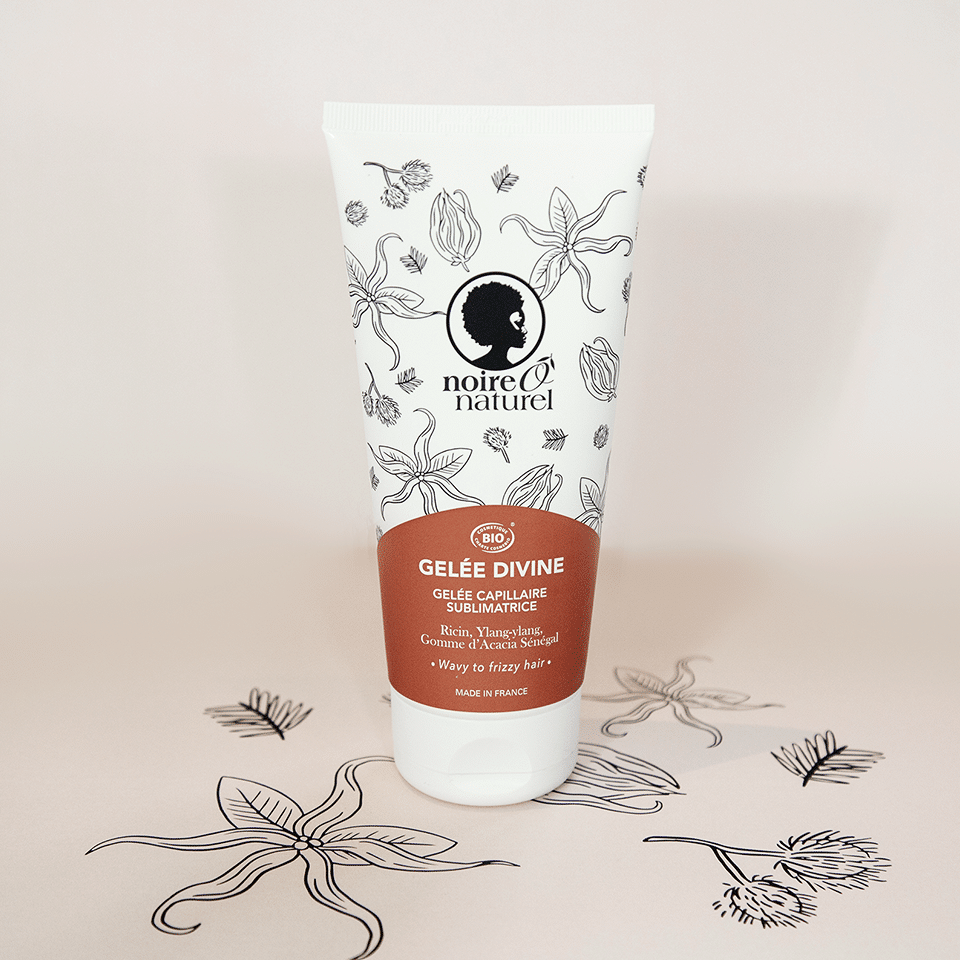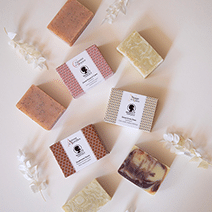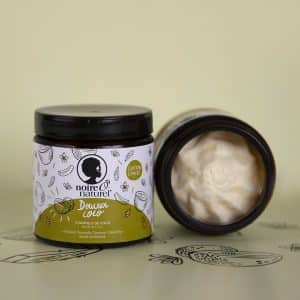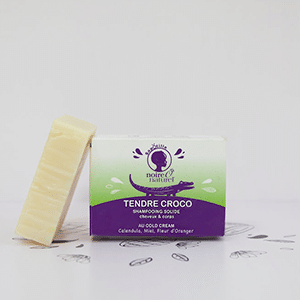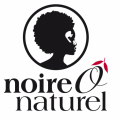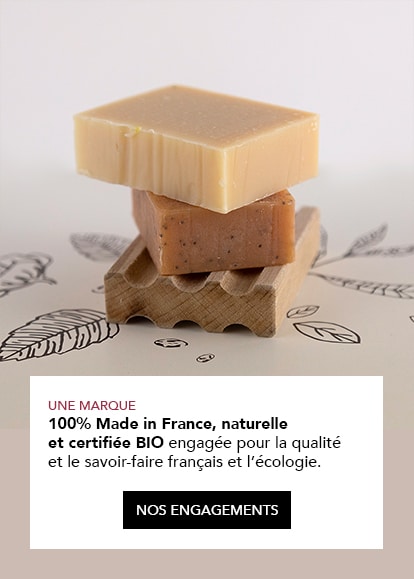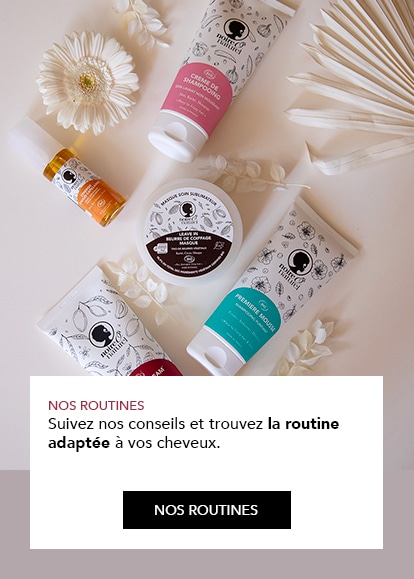Copyright photographie : Kelly His pour Noireônaturel
In recent years, the Nappy movement has grown in popularity and is influencing more and more people around the world. This movement aims to promote the natural beauty of frizzy hair and encourages people to embrace their natural hair textures in a world in which frizzy hair has been widely criticised, mocked and associated with negative, racist ideas.
In this article, we explore the concept of the Nappy movement, its impact on the perception of frizzy hair and why more and more people are turning to this hair aesthetic.
1. What is the Nappy movement?
The word ‘nappy‘ is often associated with a negative connotation, unlike the term ‘frizzy‘, which also refers to frizzy hair.
This type of hair has been totally denigrated since the slave trade. To avoid discrimination and mockery, many people with frizzy hair have tried to hide it by straightening or chemically modifying it.
Today, Afro-descendants claim the beauty of their natural hair by using the term « nappy », which sounds like a contraction of « natural » and « happy ».
2. The history and evolution of the movement:

Today, more and more women, known as nappy girls or nappies, are abandoning hair modifications to embrace their naturalness: loose hair, vanilles, plaits, African braids, locks…
This movement began in the 2000s, first in the United States, then in Europe and Africa. This return to natural hair was largely encouraged by the growing awareness of the harmful effects of relaxers on the scalp, and by the desire to go back to natural hair using organic, hair-friendly products.
A number of hair blogs and social network accounts have helped to popularise the movement, allowing it to spread.
Copyright photographie : Kelly His pour Noireônaturel
3. Changing perceptions of frizzy hair:
The nappy movement has helped to challenge Western beauty standards in order to celebrate hair diversity. It’s a powerful message to all those who have hated their hair because of its texture: today, hair beauty no longer has to refer to long, straight hair.
Beyond its militant aspect, this movement has helped to educate people and raise awareness about how to care for frizzy hair. To let it breathe and reveal all its beauty, you also have to learn about it and how to care for it, in a world where hair products were previously not adapted to frizzy hair.
4. The benefits of the Nappy movement:
Beyond the self-confidence boost that this movement obviously entails, there’s also a clear benefit to the health of the hair, which can finally embrace its natural texture. This movement is also an opportunity to highlight the hair damage caused by straightening techniques, chemicals and excessive heat. In short: stop damaging your hair and learn to love it.
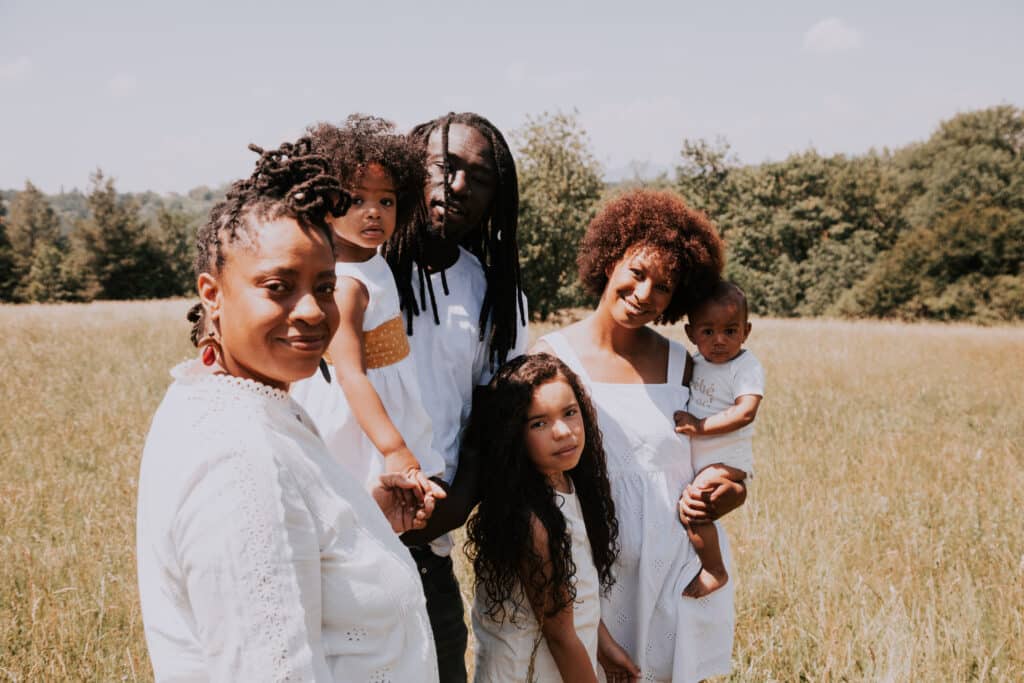
Copyright photographie : Kelly His pour Noireônaturel
5. Hair care in the Nappy movement:
The movement is obviously accompanied by a number of hair care tips and practices to put in place: regular moisturising, protection of the ends, gentle detangling… Followers of the Nappy movement generally prefer natural products designed especially for this hair!
6. Cultural and social impact of the Nappy movement:

The Nappy movement is not just about learning to love and take care of your hair: it’s a feminist and anti-racist movement that aims to give people back their self-esteem.
Taking care of frizzy hair means finally giving it the space it deserves in society, in the media and in advertising, to build generations of people who love their hair and are proud of it.
Copyright photographie : Kelly His pour Noireônaturel
The Nappy movement therefore plays an essential role in celebrating and accepting the natural beauty of frizzy hair. By encouraging self pride and valuing natural hair textures, the movement has a positive impact on the perception of black beauty and contributes to hair diversity. Whether you choose to join the Nappy movement or not, it’s important to respect and celebrate the diversity of everyone’s hair choices.
Love yourself !
And to learn how to love your natural hair, read this !
